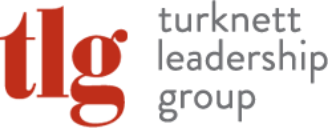

By Lyn Turknett
TLG Co-founder & Co-chair
(Excerpts from HR Executive)
Resilience and change are on the lips of everyone. From
Erica Volini at HR Executive:
The
COVID-19 crisis thrust the workforce into rapid change and the workforce responded in kind. During the pandemic, we have seen workers quickly assume new roles, contribute to opportunities in different fields and industries, and leverage their strengths to effect meaningful change both inside their organizations and within their communities. These
shifts spotlight the value of workforce resilience and highlight the importance of understanding what workers are capable of doing rather than relying solely on what they have done before.
Here are my tips for the new normal:
- Recognize the agility and adaptability you have seen – I imagine that people around you have adapted quickly, changed roles, gotten things done in ways that would not have been imagined before. There have been pivots, rapid innovation, and cross—boundary collaboration that is remarkable – we have seen companies do things in a split second that would have taken them years before.
- I was on a panel with Carolyn Homberger, Chief Risk Officer of ACI Worldwide. She talked about using agile teams and design thinking in opening China – and leaving most of the decision making to the teams. She said that they will never again use top-down methods.
- We have seen so many rapid pivots and so much innovation – humans may not always like change, but they are truly change masters. At the Maine Medical Center Research Institute, a Covid task force for research was set up immediately, and research focus changed on a dime. We’ve seen rapid innovation in everything from wealth management firms to fast food: https://www.qsrmagazine.com/franchising/your-best-innovators-right-now-could-be-your-franchisees Expect innovation in normal times!
- The pandemic has made us more cognizant of the talents of ordinary humans. Let’s not forget that. As Josh Turknett says, “The most sophisticated cognitive networks that humans possess – the ones capable of genius level insight – are part of the ordinary cognitive machinery of all human beings.”
- People don’t resist change; they resist being changed, and most of the new practices have worked because people at all levels were involved.
- Recognize what YOU have done. The change in the life of every human in the US has been unprecedented, and I’ll be every person in the audience has done things they never thought they could do – rapidly adapted, figured out how to do things they had never done before, taking on responsibility in remarkable ways. We are far more resilient than we give ourselves credit for.
- Tell the stories – especially if you are in a leadership or supervisory role, find the stories and celebrate the stories of the pivot that has occurred – people have adapted to new ways of doing things more rapidly than anyone would have thought possible – companies that win will recognize and leverage their what this has shown in terms of the potential of every employee
- Communicate more than you think you need to – there is no water cooler now – leaders always know more than the rest of the organizations – in this situation that is magnified – if you are in a leadership role, it’s impossible to over-communicate right now – people do not know what you know
- Care for yourself – because of the nature of the situation now, people are “on” even more than normal – work is extending into all areas of home life, since for many there is not a distinction – be careful, and do things – exercise, meditation, good nutrition, time for yourself – that can build your resources – and appreciate yourself!
- Be generous to yourself and others – recognize the capacity of the ordinary human – and your own. “We utterly fail to notice the brilliance of the ordinary human being,” says Marilynne Robinson, Pulitzer prize winner. “Especially now, need to assume honorable intent, and be generous to others. We often entertain very negative assumptions about other people in general, and that can be exaggerated now. When invited into a micro-storm we need to say, ‘I have to go read a good book.’”
Lyn Turknett
Lturknett@turknett.com 770-270-1723



